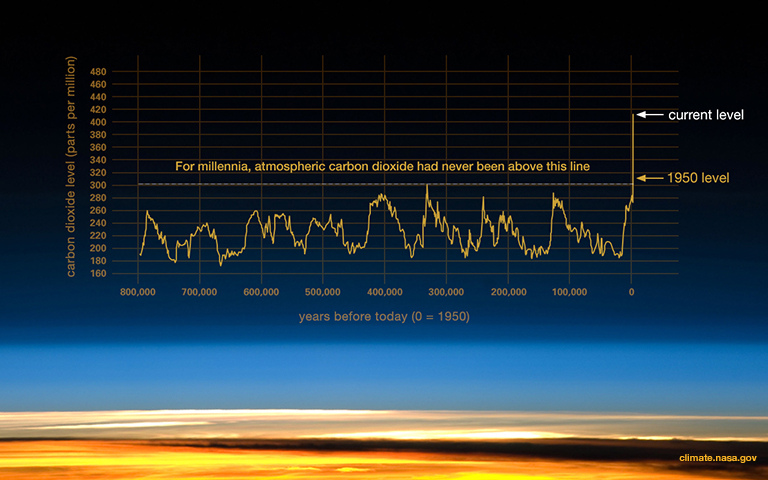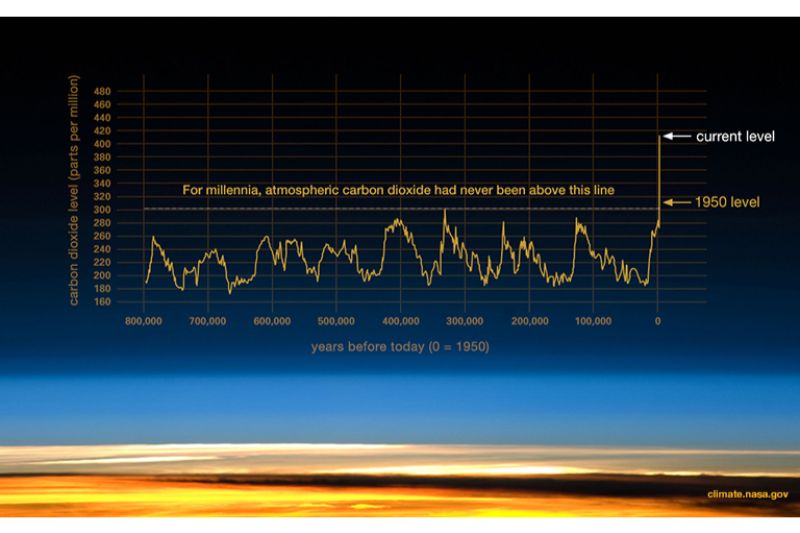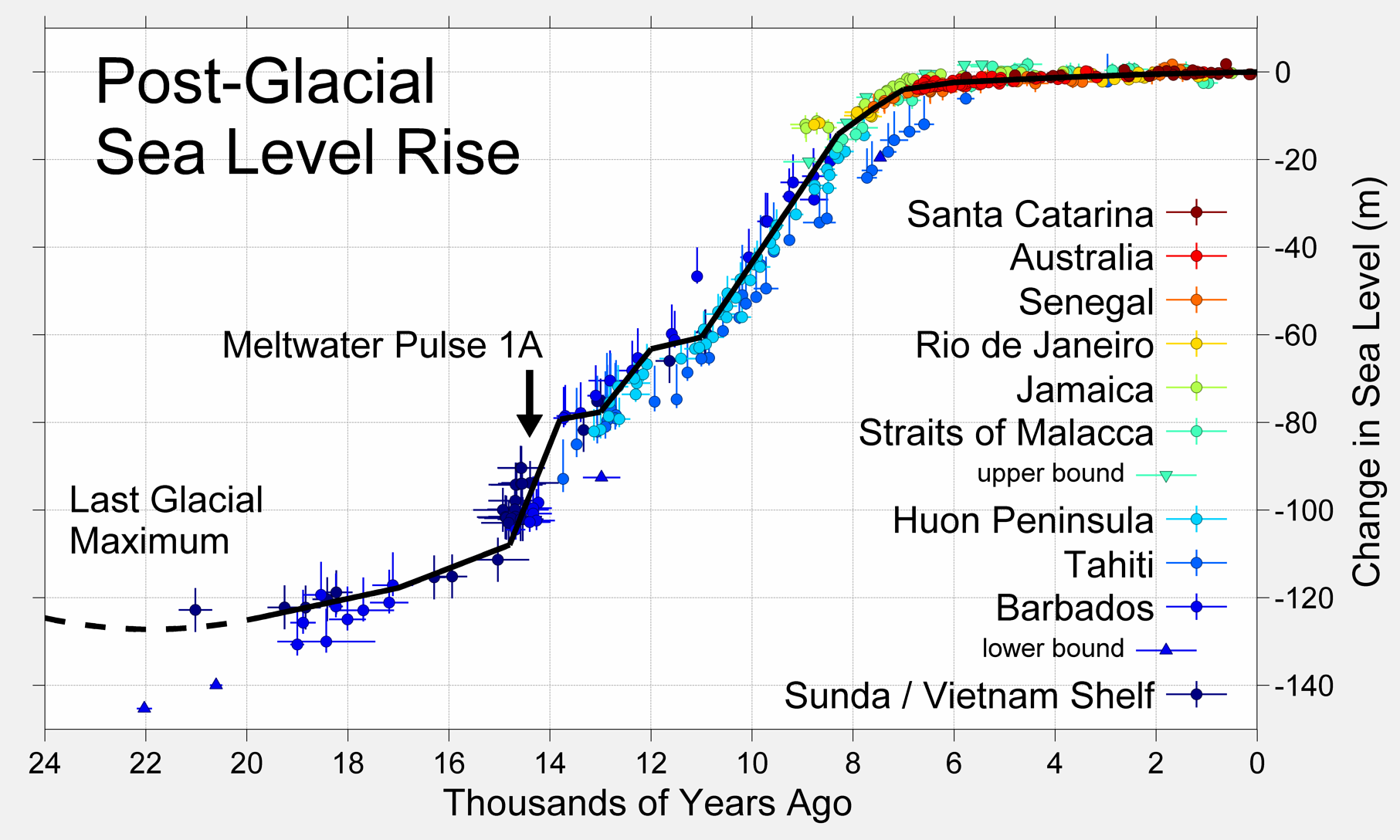Forward-looking: The Republic of Maldives has partnered with property developer Dutch Docklands and architecture firm Waterstudio to build a floating city large enough to accommodate 20,000 residents. Unlike other projects born out of luxury, the development is viewed as a practical solution to combat rising sea levels.

The Maldives is an archipelago consisting of many low-lying islands, 80 percent of which are less than one meter above sea level. In a worst-case scenario, the entire country could be submerged by the year 2100 due to rising sea levels.
The floating city being constructed in the Maldives is just 10 minutes away from the capital city by boat. It'll consist of some 5,000 floating homes, restaurants, schools and shops, which will be built in a local shipyard and towed into place. Units are anchored to an underwater hull to prevent them from drifting away.

Nearby coral reefs act as a natural wave breaker to minimize movement felt by residents.
The city will be self-sufficient as well, with most electricity coming via solar. Sewage will be treated and repurposed as plant fertilizer. Instead of traditional air conditioning, buildings and homes will be cooled with cold water from the depths of the Indian Ocean.
Pricing isn't all that bad, either, with a studio starting around $150,000 and a family home commanding roughly $250,000.
The city is expected to welcome its first inhabitants in early 2024 with the project due for completion by 2027.
https://www.techspot.com/news/95037-maldives-building-floating-city-cope-rising-sea-levels.html



